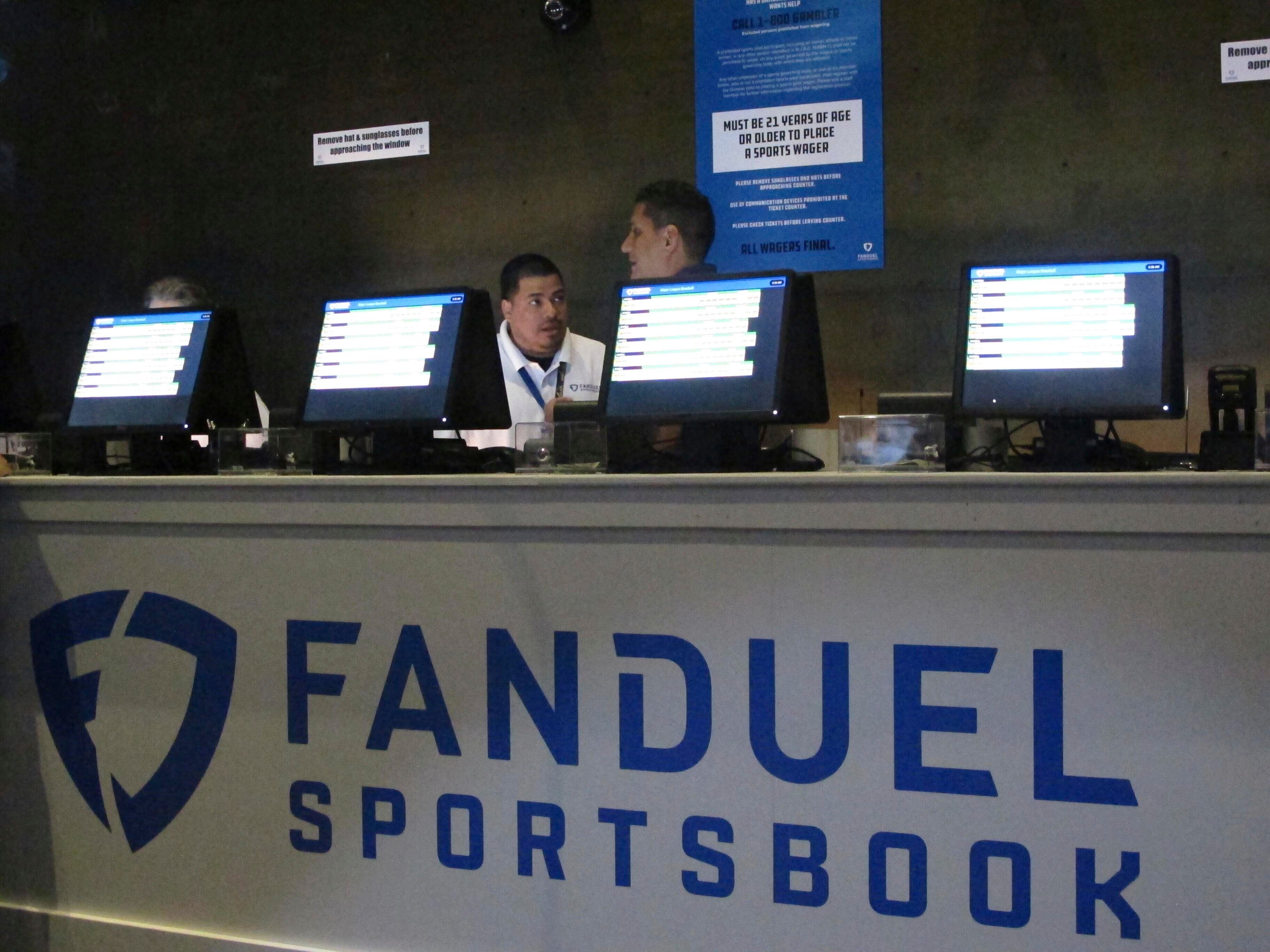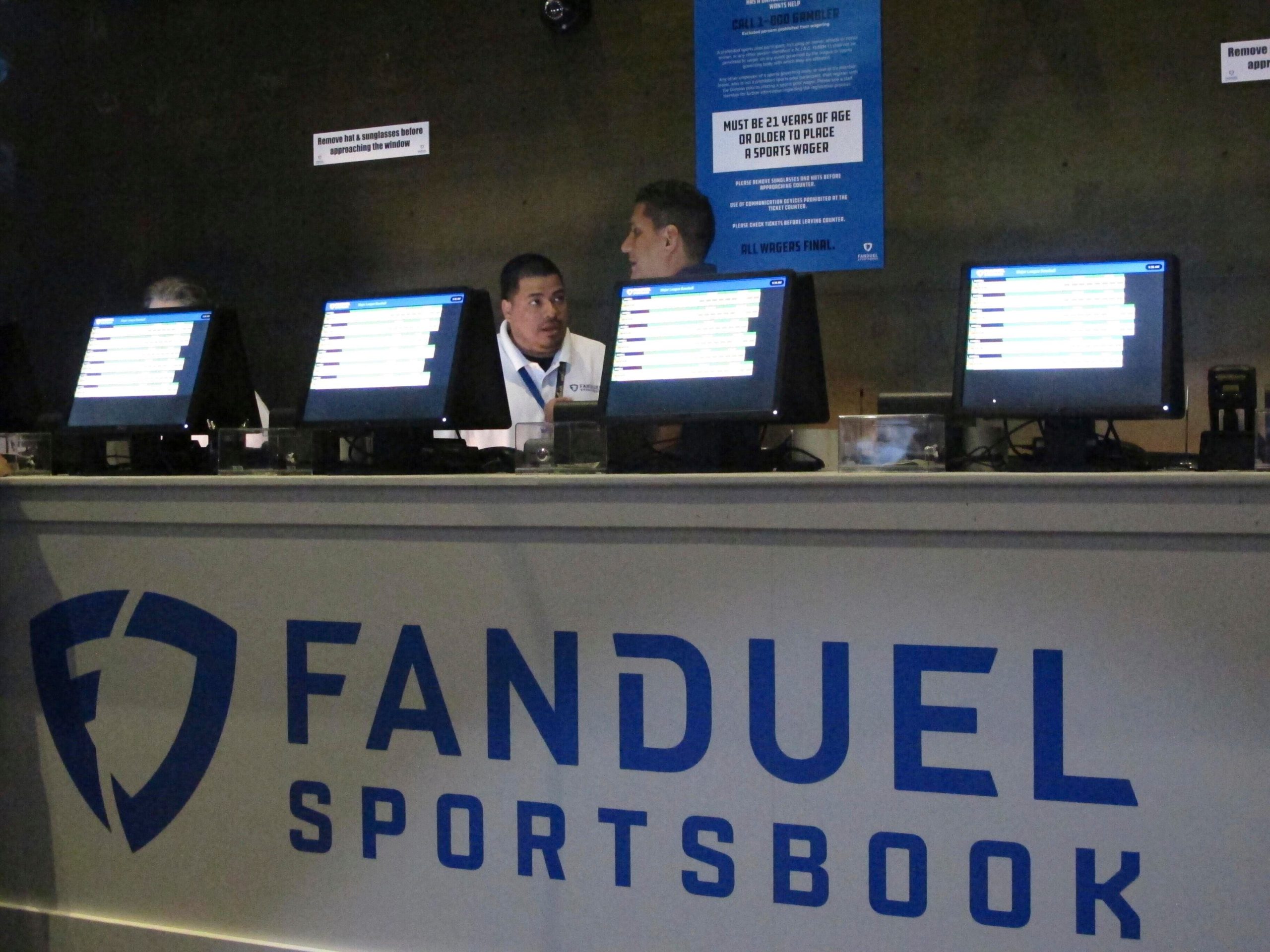
Senator Richard Blumenthal (D-Conn.) and Representative Paul Tonko (D-N.Y.) introduced a bill last month, the SAFE Bet Act, which would ban online sports book advertising during live sporting events and prohibit offers intended to induce gambling, including boosted odds and free “bonus” bets. It would also place limits on user deposits within a 24-hour period, ban the use of artificial intelligence to individualize promotions to consumers and require sports books to conduct “affordability checks” on their customers before accepting large wagers.
Since a Supreme Court ruling in 2018, legal sports betting has taken off in the United States. Thirty-eight states have now passed laws to allow gambling on sports while another six are considering it. More than two-thirds of American adults (roughly 164 million) now reside in a legal sports-betting market.
The American Gaming Association earlier this year released a report on the industry’s financial performance for 2023. For the third consecutive year, the commercial gaming industry has set a new revenue record. Total revenue from casino games, sports betting and iGaming reached $66.52 billion, a 10% increase over the previous record set in 2022.
The sports betting frenzy is fueled by partnering ventures, which include celebrity influencers, sponsorships in professional sports and sporting events, as well as television networks, radio and online media outlets.
Marketing campaigns are ubiquitous. They blanket the airwaves and social media sites. Commercials often flaunt “risk-free” bets, with former and even present-day athletes promoting gambling companies.
Gambling has been facilitated by online apps. Practically all betting nowadays can be done from a person’s smartphone.
Increase In Incidence Of Gambling Disorder
But as gambling on sports proliferates across America and there are record-breaking profits for the betting companies and a tax revenue windfall for state governments, the number of people with a gambling disorder is rising.
While many people, young and old, like to bet on sports and are increasingly able to do so legally, the incidence of gambling disorder is hitting an all-time high. Newsweek reported last year that the ease of access to new gambling options has corresponded with an enhanced risk of a person experiencing serious gambling problems, including addiction. And this appears to disproportionately afflict young male adults.
The National Council on Problem Gambling estimates that approximately 2.5 million adults in the U.S. are severely addicted to gambling, and another four to six million people have mild to moderate gambling problems. Like other addictive conditions, a gambling disorder can impact a person’s physical and mental health.
The American Psychiatric Association and the American Medical Association recognize pathological (or “compulsive”) gambling as a diagnosable mental disorder, characterized by a preoccupation with wagers, not being able to cut down or stop, gambling repeatedly beyond one’s means, borrowing money to finance the habit or chasing after losses by betting more.
The gambling industry is aware of the problem of compulsive gambling habits. Seven major sportsbooks operators—FanDuel, DraftKings, BetMGM, Penn Entertainment, Fanatics Betting and Gaming, Hard Rock Digital and bet365—are working together to form a group dedicated to responsible gaming practices. They will be sharing information on customers who have been excluded from placing bets due to problem gambling. States that have legalized gambling have set up helplines to address the problem. Nearly every state in the U.S. has seen increased demand in recent years for treatment services.
Tonko And Blumenthal Want To Curb Ads
Representative Paul Tonko of New York was the first lawmaker to formally raise concerns when he introduced the Betting on our Future Act in February of last year. This legislation would ban all online and electronic advertising of sports gambling.
Though state laws do not allow commercials to specifically target audiences under the age of 21 in sports wagering, gaming or related activities, Tonko asserts that ads pose a particularly dangerous “threat to young adults unaware of the risks involved in gambling, and to individuals prone to addiction.”
Moreover, despite jurisdictions requiring commercials to include messages that encourage responsible gambling and helplines for problem gamblers, Tonko believes that the sports betting industry has been operating since 2018 in a “Wild West, largely unregulated environment,” which is creating a “massive and growing public health crisis involving a known, addictive product.”
Tonko also announced this spring that he intended to introduce another piece of legislation with Senator Blumenthal that, if passed, would place severe limits on the way online sports betting companies market to and interact with their customers. The now introduced bill is named the SAFE Bet Act. It would ban sportsbook advertising during live sporting events, not allow language in advertisements that includes terms like “bonus” or “no sweat” bets, cap the number of deposits to a gambling operator from a single customer to five within a 24-hour period and prohibiting the use of artificial intelligence to track a player’s gambling habits.
It’s unknown how much support from others in Congress the SAFE Act will garner. In part, this is because politicians on both sides of the aisle have said that the legalization of gambling provides states with much-needed additional income.
Independent of the discussion on curbing certain advertisement practices, there’s the issue of whether at the national level the federal government will become involved in examining problem gambling and assisting states in their efforts to treat people.
Currently there is no federal funding to treat gambling disorders. But Senator Blumenthal of Connecticut wants to change that. In January, he introduced the Gambling Addiction Recovery, Investment, and Treatment Act which sets aside federal funds to help prevent, treat and study gambling addiction. On X, he spoke of companies’ “exploiting their troves of real time data and algorithms to hook vulnerable users.”
The rise in opportunities for sports betting appears to have contributed to a surge in people suffering from gambling addictions. Politicians are aiming for legislative changes to limit what they view as potentially harmful advertising practices and offer federal assistance to investigate problem gambling and treat sufferers.
